Britain’s economy is on the rocks, legal and illegal immigration remains out of control, public services are creaking, and a looming debt crisis is on the horizon. But fear not. Labour has announced its big idea for turning around the country’s fortunes: votes for children.
Around 1.5 million 16 and 17-year-olds will be able to vote at the next general election, under government plans to lower the voting age. Prime Minister Keir Starmer says older teenagers are “old enough to go out to work, they are old enough to pay taxes” and, so, they are old enough to vote.
Democracy Minister Rushanara Ali has pretentiously described the change as “seismic” – as if this is somehow comparable with the extension of the franchise to women or the working class.
Let’s be clear: Labour is not striking a blow for electoral equality. They are engaging in student gesture politics. Votes for 16-year-olds is the kind of policy that wins a cheap round of applause on university campuses, but for which there is little public demand and even less intellectual reasoning.
Labour has never been able to make up its mind about when adulthood truly begins. In 2003, the Licensing Act made it illegal to sell alcohol to under-18s at licensed premises. In 2005, the Gambling Act set the minimum age for gambling at 18. You’re not even allowed to play the National Lottery until your 18th birthday. In 2008, the school leaving age was effectively raised to 18. The UN Convention on the Rights of the Child, to which the UK is a signatory, says no person under the age of 18 should participate in hostilities. And, in 2022, the age at which someone can marry was increased from 16 to 18.
So if 16 is too young to fight, marry, drink, gamble or leave school – why is it somehow old enough to vote? The most nauseating response is that teenagers are increasingly affected by government decisions, whether about education, climate change or online regulation. But the same argument can be made about children of almost any age.
If you accept the need for the line to be drawn somewhere when it comes to voting, surely it makes sense to draw it at the point of adulthood? There is a reasonable case that adulthood begins at 16, but if Labour truly believes that, then it should first begin by undoing the prohibitive legislation of recent decades.
The Reform party’s appointment of teenage councillors to run local services was met with fierce criticism from Labour types; yet the Starmer’s party is now advocating votes at 16. Will the government’s new Elections Bill also allow 16 and 17-year-olds to run for office? If so, will Labour MPs keep schtum when the councillor in charge of children’s services is themselves a child?
I have long suspected that Labour’s real reason for wanting votes at 16 is to further its own electoral interests. But this, too, is wrong on a number of levels. Firstly, no constitutional change should ever happen for party political reasons. Secondly, it is deeply naive to assume that 16 and 17-year-olds are more likely to be attracted to Starmer’s technocratic government than to the radicalism of Reform or a new left-wing party led by Jeremy Corbyn.
There is a reason Nigel Farage is by some distance the most followed British politician on TikTok. As unlikely as it may seem, the tweed-clad former City boy connects with younger voters in a way the Labour leadership simply doesn’t. If the bright sparks in Downing Street think this teenage voting ruse will help Starmer’s prospects at the next election, they should be careful what they wish for.



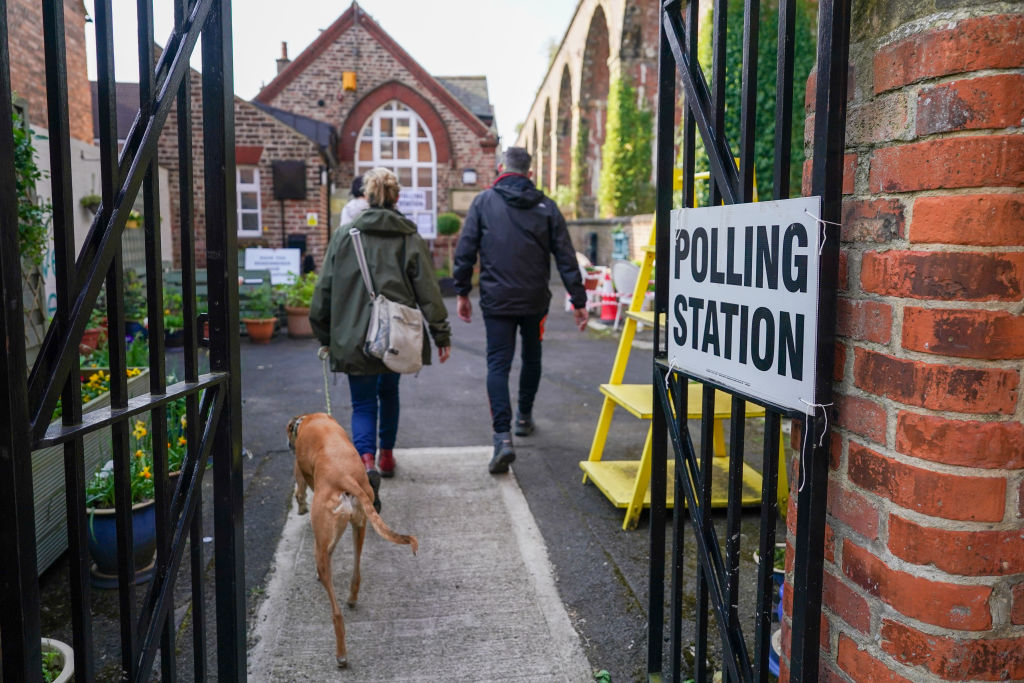






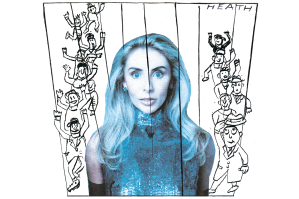

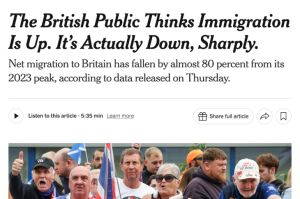




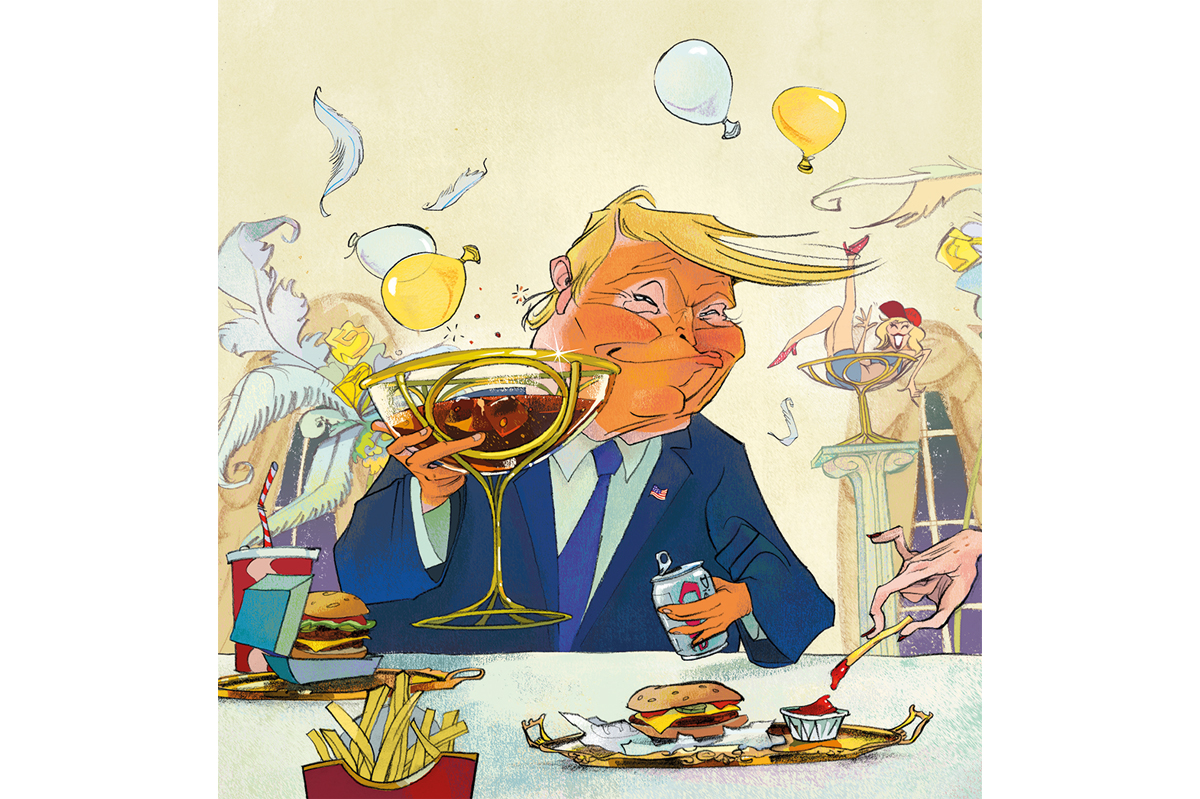
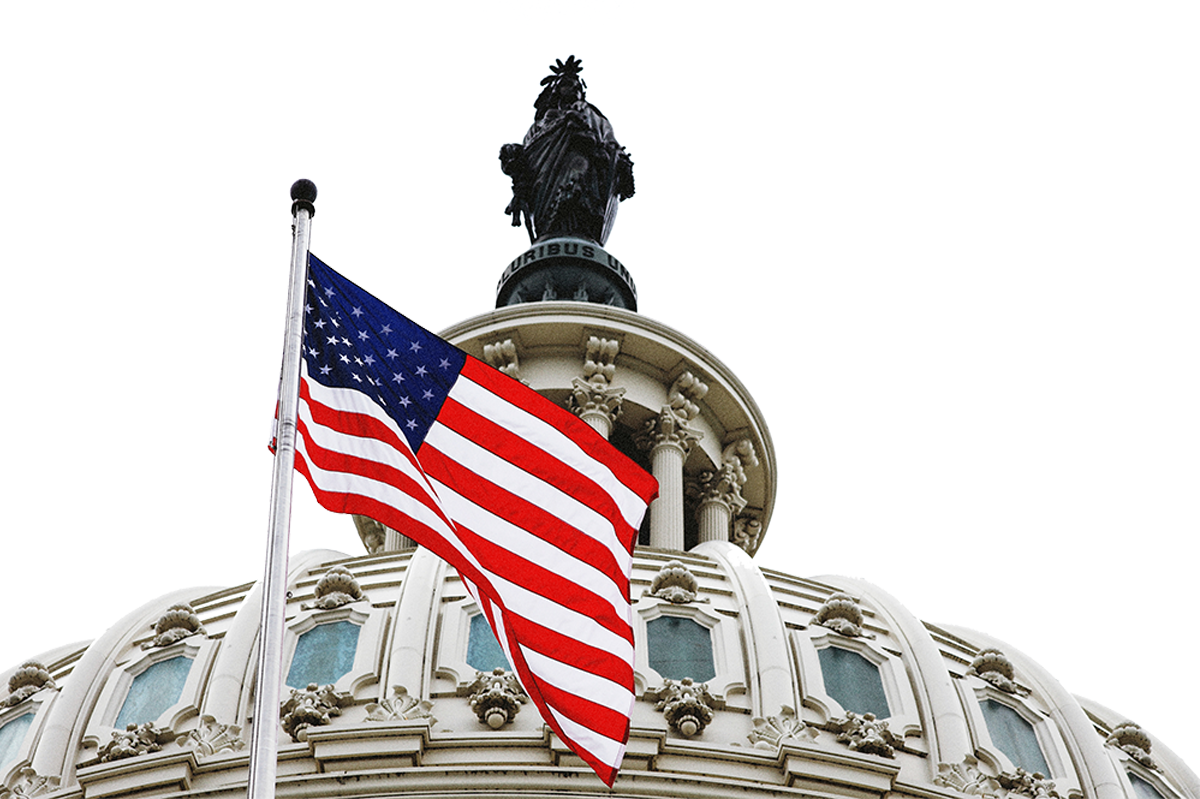







Leave a Reply